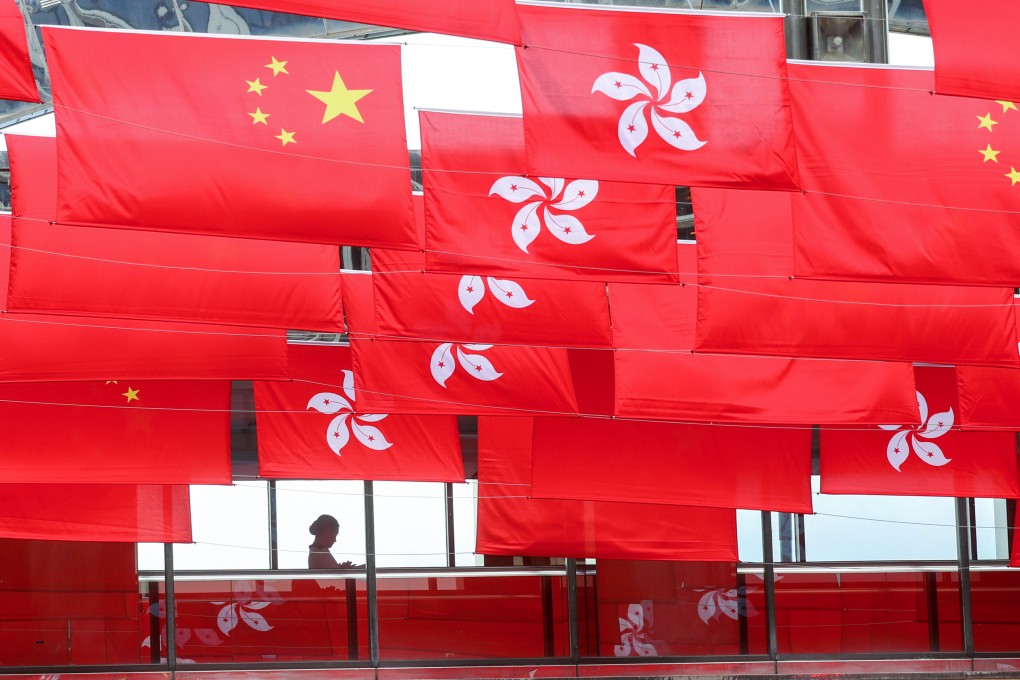Hong Kong’s Article 23 national security law to define state secrets according to city’s needs, minister says
- Administration to take reference from other countries and mainland China but use definition that reflects local situation, Secretary for Security Chris Tang says
- Beijing on Wednesday revealed expansions to country’s Law on Guarding State Secrets

National security legislation planned for Hong Kong will define state secrets according to local needs, the security chief has said, two days after Beijing announced it will make the biggest revision to the corresponding law in mainland China in a decade.
Lawmakers are expected to take up the legislation, first proposed two decades ago, either this year or in 2024, according to a timeline that city leader John Lee Ka-chiu confirmed in this week’s policy address.
When asked whether Hong Kong would follow the mainland’s definition of state secrets during the drafting stage, Secretary for Security Chris Tang Ping-keung said the city government would tailor its law to suit local conditions.
“On the definition of state secrets, of course we would look at Hong Kong’s situation, but also reference definitions from laws in other countries, as well as that in mainland laws,” Tang said. “We have to observe Hong Kong’s actual situation to establish a definition.”
